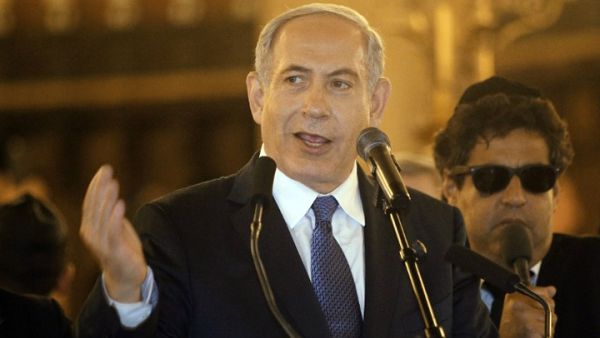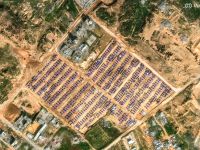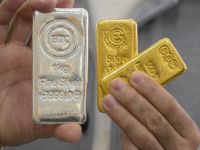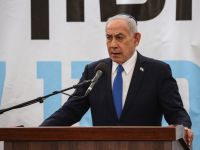A Sunday march for solidarity brought some 1.5 million to the streets of Paris after an extremist attack left 17 people dead, including twelve at the offices of the satirical magazine Charlie Hebdo.
The rally attracted leaders from around the world, with representation from over 50 countries. However, the hypocrisy of numerous world leaders promoting freedom of speech and religious tolerance abroad while restricting these same ideals at home left some feeling unsettled.
Reporters without Borders (RWB), a nonprofit that supports free speech, said it was "outraged by the presence of officials from countries that restrict freedom of information."
RWB called out leaders from countries who scored particularly low on their annual press freedom index, many of which hail from the MENA region.
To name a few: Egyptian Foreign Minister Sameh Shoukry, whose country scored 159th out of 180 on the index and has headlined recently for its continued imprisonment of three Al Jazeera journalists accused of “terrorism”, and are looking at seven to 10 years in prison; Turkish Prime Minister Ahmet Davutoglu, whose nation was named the biggest jailor of journalists in 2012 and 2013; and Foreign Minister Sheik Abdullah bin Zayed al-Nahyan of the UAE, where more than 100 peaceful activists and dissidents have been arrested since 2011, according to Amnesty International.
The presence of some Israeli leaders was called into question as well. French newspaper Le Monde mentioned the Israeli Economy Minister Naftali Bennett, who’s been quoted boasting, “I’ve killed many Arabs in my life, and there’s no problem with that.”
Israeli Prime Minister Benjamin Netanyahu's controvesrial presence - with rumors of his late addition to Hollande's guest list- at the Parisian podium for peace attracted extra attention during a speech at the Grand Synagogue in Paris commemorating the four Jewish shoppers killed by extremists at a kosher grocery store in Paris last week. Delivered in both Hebrew and French, his speech attempted to distinguish “ordinary Islam” from “fundamentalist Islam.”
But given the staggering figures of this summer’s Gaza offensive, where some 2,200 Palestinians were killed — the majority of whom were civilians — Israel is perhaps the least-qualified country in the world to distinguish between “ordinary” Muslims and terrorists.
The country’s blanketed detainment campaign against Palestinians resulted in approximately 6,059 arrests in 2014 alone. Is it possible that all these detainees, many of whom are youths, are enemies of the West?
In the arena of freedom of the press, Netanyahu cannot be left blameless. Have we so quickly forgotten the 17 journalists killed by Israeli forces in the Gaza Strip last June and the more recent unjustified arrests of Ha’aretz’s journalists Gideon Levy and Alex Levac?
Remember Naji Al-Ali and his iconic cartoon, Handala? It is no secret that the Mossad shot him down. More recently, Israel officially demanded an apology in 2013 for a blatantly anti-semitic cartoon published in The British Sunday Times. There is no such thing as 'selective' freedom of press but, judging by these two scenarios, we are ready to bet that Netanyahu would only march for cartoons that a) don't offend him and b) ones he very artfully drew himself (remember 'that' UN speech?).
Some wished the choice in speakers had been more in keeping with the tone of unity and interfaith solidarity promoted by the French organizers. As Washington Post writer Adam Taylor deftly points out, the fact that such contested world leaders chose to attend the Paris march offers a reminder that “free speech is easy to support when it’s a vague concept.”







